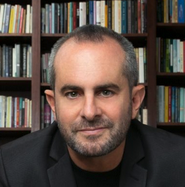9:40pm – 10:40pm
Breakout Session Block 1
Singing for Joy and Strength
Rabbi Ariann Weitzman, Bnai Keshet, & Student Rabbi Lily Lucey, Congregation Shomrei Emunah
Allow song to sustain and build your spirit. You will leave uplifted and inspired to receive Torah with both new and familiar melodies to bring back to your community and Jewish life.
Yoga of Gratitude
Dr. Sara Feldman, Psychotherapist and Registered Yoga Instructor
Shavuot, also known as Z’man Matan Torah, or, the time of the giving of the Torah, offers us a special opportunity to express gratitude, both for the teaching and guidance we are blessed to receive, as well as the teaching and guidance we have within ourselves to share with each other. Join Shomrei congregant Sara Feldman, RYT-200, as she leads us in a sequence of yoga postures designed to ready our bodies and minds for a night of both receiving and sharing in the teachings and guidance of Torah. This is an open-level class that will be accessible to beginners. Comfortable clothing is encouraged. Shomrei will provide mats, although participants are welcome to bring their own mats and props.
The Heart of Loneliness: How Jewish Wisdom Can Help You Cope and Find Comfort
Rabbi Marc Katz, Temple Ner Tamid,
This session will focus on the role Judaism plays in alleviating loneliness in our lives and the lives of others. Loneliness is pervasive in our society but is rarely addressed. It comes in many forms, from the loneliness of loss to that of sickness; from single life to marriage to divorce. In fact, even achievement can be an avenue to loneliness. Using stories from the Bible, teachings from our ancient Rabbis, and coupling these with modern psychology Rabbi Katz will explore concrete ways as individuals and as community members we may help those who are lonely in our midst.
Unlocking the Secret Power of Jewish Ritual
Rabbi Julie Roth, Congregation Shomrei Emunah
How do our Jewish rituals allow us to access healing, deep meaning, and transformation, the building blocks for resilience? Explore how rituals such as shiva, mikveh, shofar-blowing, candle-lighting, and the Passover seder open a window to patterns of meaning across the Jewish ritual universe. We will discuss texts of origin, contemporary interpretations and adaptations, and insights from our own experience.
Tzimtzum (Spiritual Contraction): The Torah of Connecting in Troubled Times
Rabbi Noach Shapiro, LCSW
Whether it’s in the isolation of a pandemic, during a challenging chapter of our parent-journey, as our children (of any age) struggle, when someone we love is suffering, we often wonder: In supporting our loved ones, where do we stand? How close is too close? How far is too far? How do we determine how best to show up for those we love? Using the kabbalistic idea of tzimtzum and rabbinic wisdom as our guide, we will explore the dynamics of ‘relational choreography’ in troubled times.
Shavuot Experience for Teens
Abulafia, Reb Nachman, and Dvora Lapson Part I: Jewish Revelations for the Mind and Body
Rabbi Daniel Brenner, Vice President of Education, Moving Traditions
We’ll take a deep dive into the weird and wonderful ritual practices of three pioneering Jewish figures – Abraham Abulafia, a 13th century Spanish mystic, Reb Nachman of Breslov, an 18th century Ukrainian storyteller, and Dvora Lapson, an early 20th century dancer and educator who served as a consultant to Fiddler on The Roof on Broadway. For each pioneer of embodied Jewish practice we will not only read original texts to understand their worldview, but we will engage in the various modalities they championed – movement, visualization, meditation, chanting, and dance. At the end of the night we will weave it all together to better understand the diversity and depth of Jewish spiritual practice.
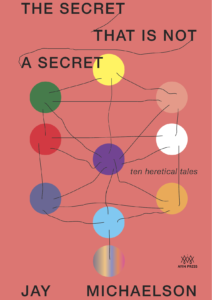



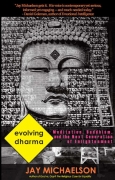

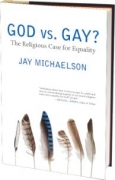
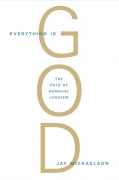

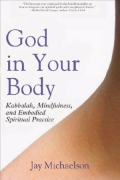

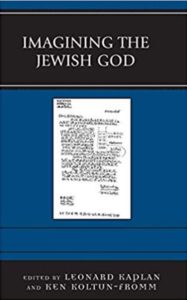
 Over the last 2,500 years Jews have developed a wide array of resources not just to cope or endure, but to thrive and prosper in the face of challenges. This Shavuot, we will explore ways in which the Torah (understood broadly) can truly be a Tree of Life, providing tools to respond to this moment in profound and powerful ways,and make Judaism newly relevant to people from all walks of life.
Over the last 2,500 years Jews have developed a wide array of resources not just to cope or endure, but to thrive and prosper in the face of challenges. This Shavuot, we will explore ways in which the Torah (understood broadly) can truly be a Tree of Life, providing tools to respond to this moment in profound and powerful ways,and make Judaism newly relevant to people from all walks of life.
